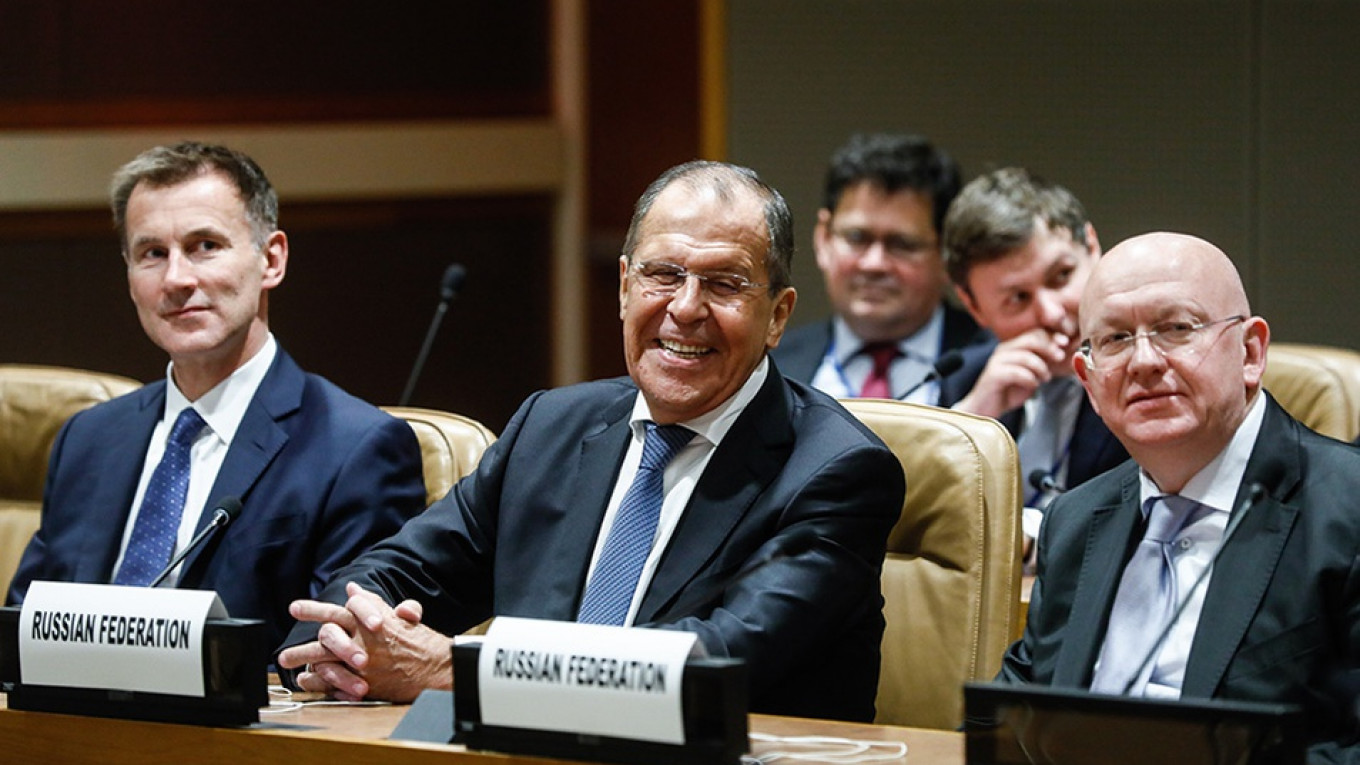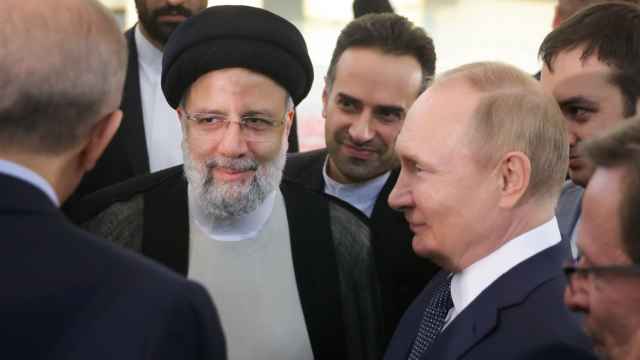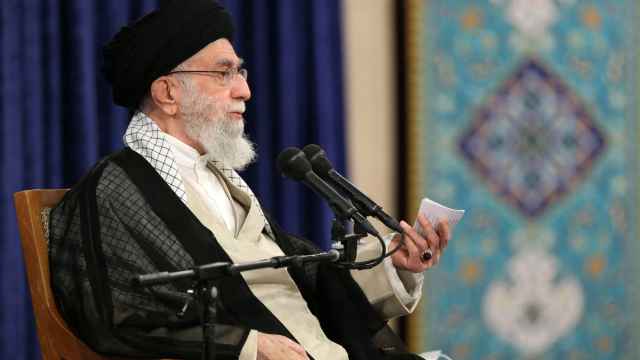Russia has voiced full support for the Iran nuclear deal, among other parties to the agreement, despite U.S. sanctions resuming this fall.
U.S. President Donald Trump abandoned the 2015 Iranian nuclear deal last May and restored economic sanctions on the country in an attempt to pressure major oil customers to stop buying Iranian crude. Britain, China, France, Germany, Russia and Iran agreed at the UN on Monday to keep working to maintain trade despite the new sanctions.
After the UN meeting, the Russian Foreign Ministry affirmed Iran’s “strict compliance” with the terms of the deal.
“The Russian side has reiterated absolute support for the JCPOA [Joint Comprehensive Plan Of Action],” it said Monday, calling it ”an integral part of the nuclear non-proliferation regime and international security.”
In a joint statement after the meeting, the remaining parties to the Iran deal said they were determined to develop payment mechanisms to continue trade with Iran. The countries "welcomed practical proposals... to establish a Special Purpose Vehicle (SPV) to facilitate payments related to Iran’s exports, including oil.”
Several European diplomats said the idea was to create a barter system, similar to one used by the Soviet Union during the Cold War, to exchange Iranian oil for European goods without money changing hands.
The idea is to circumvent U.S. sanctions due to be restored in November under which Washington can cut off from the U.S. financial system any bank that facilitates an oil transaction with Iran.
Many diplomats and analysts, however, are skeptical such a vehicle could ultimately thwart U.S. sanctions given that the United States could amend its sanctions laws to prohibit such barter transactions.
Reuters contributed reporting to this article.
A Message from The Moscow Times:
Dear readers,
We are facing unprecedented challenges. Russia's Prosecutor General's Office has designated The Moscow Times as an "undesirable" organization, criminalizing our work and putting our staff at risk of prosecution. This follows our earlier unjust labeling as a "foreign agent."
These actions are direct attempts to silence independent journalism in Russia. The authorities claim our work "discredits the decisions of the Russian leadership." We see things differently: we strive to provide accurate, unbiased reporting on Russia.
We, the journalists of The Moscow Times, refuse to be silenced. But to continue our work, we need your help.
Your support, no matter how small, makes a world of difference. If you can, please support us monthly starting from just $2. It's quick to set up, and every contribution makes a significant impact.
By supporting The Moscow Times, you're defending open, independent journalism in the face of repression. Thank you for standing with us.
Remind me later.







